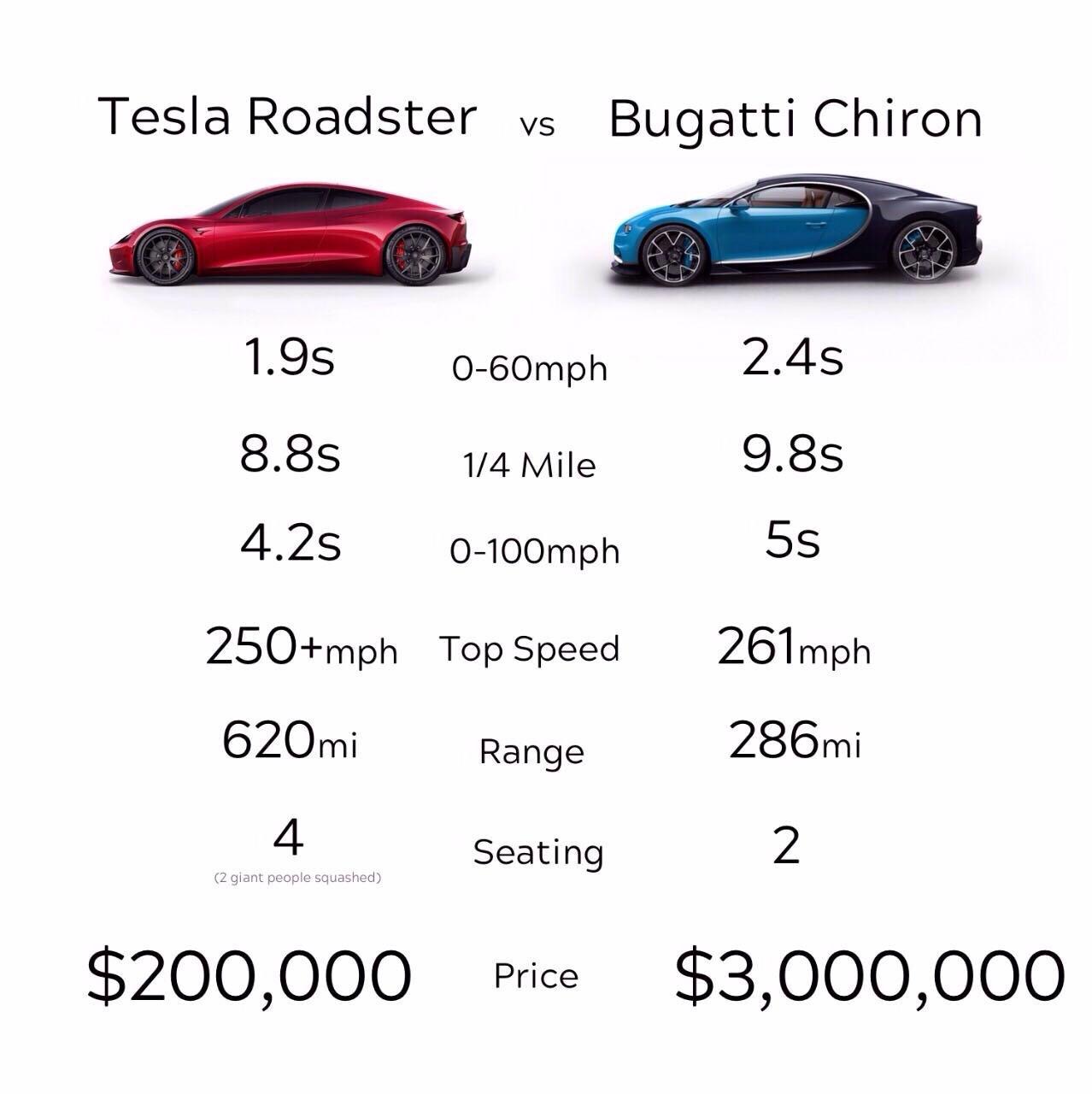Dry science papers don't attract much attention ....it's the "spin" that does. The other amusing aspect is the " I don't beleive it" phenomena .....people declaring the "hoverboard" as fake.....sounds like some "hydrogen" skeptics here

As I said before, I'm not a hydrogen "Skeptic", I'm a realist.
And trumpeting "spin" as a benefit for scientific papers is a slippery slope. Reputable scientists don't use spin, almost always it's the general public or the media does.
And that's where things go off the rails. I remember what was almost certainly a decade ago there was massive spin about supercapacitors - there was whispers of some secretive company that had made over-the-top breakthroughs which would make it possible for people to charge up a few cheap supercaps overnight and then run their house all day long on them. They were in hush-hush talks with the government for military applications to begin with. Electric cars would have 1000KM ranges inside a few years, and you could charge them up in mere minutes.
And here we are 10 years later and none of it has come to fruition.
The issue with fuel cells isn't the catalysts or anything to do with the fuel cells themselves. If the hydrogen exists, we know how to use it. The issue, is the hydrogen itself - and the laws of thermodynamics are not in its favor compared to the alternatives.
Exactly. Again, I'm not a skeptic. I know hydrogen fuel cells exist, and I know they offer lots of advantages IF the fuel was more widely available (a very big reality that some here still want to stick their head in the sand about), but the realist in me comes full circle to the fact that
creating hydrogen is still the main stumbling block.
The current system is very Rube Goldberg -
taking the electricity coming into your home, using it only to turn a giant fan in your back yard that in turn spins a wind turbine, which then converts that wind power to 12 volts, then using an inverter to convert it back to 120v to actually use for your house again. Every step is wasteful and energy is lost versus if you had just used the electricity directly versus having all the wasteful steps in between. In a nutshell, this is what's happening with Hydrogen right now.
The "But the manufacturers include free hydrogen!" argument is also silly. They aren't going to do that forever, and when they don't, people are going to forced with the reality that it's twice to three times as expensive as gas on a per kilometer basis, and an order of magnitude many times more expensive than electricity on a per kilometer basis. Will some technological breakthrough reduce that? Impossible to say, and any good critical thinker isn't going to base a purchase decision on a huge unknown like that.


